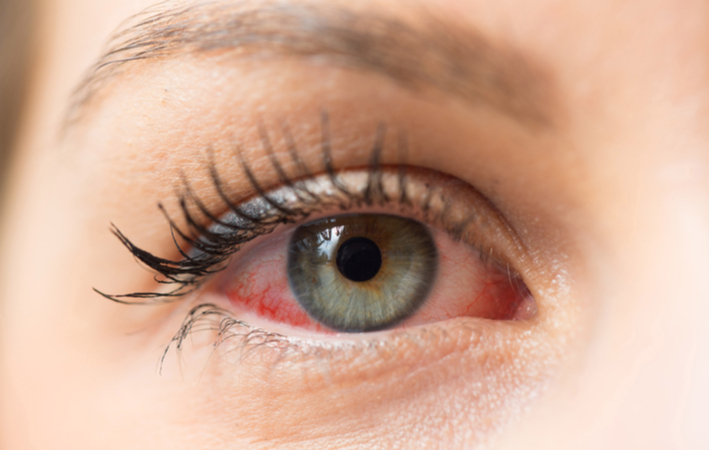Erectile Dysfunction is when you can’t achieve and maintain an erection strong enough for intercourse. Sometimes, this is due to physical reasons (e.g. injury, diabetes). Other times, it may be due to psychological factors (e.g. anxiety).
Having erectile dysfunction from time to time is not always a signal for concern. If erectile dysfunction continues for more than a few weeks, though, it may be a sign of other underlying problems. If erectile dysfunction is only an occasional problem, there are a number of treatment options available. Many of these treatment options address psychological causes of low testosterone, which often play a major role in erectile dysfunction.
If you suffer from low testosterone because of a medical condition, such as low Testosterone Replacement Therapy (TRT), your doctor will likely prescribe medicine to address your symptoms. Common medicines used for TRT include Cylert and Ditropan. Other possible treatments include injections or transdermal patches. It’s important that any of these treatments be discussed with your doctor and that he evaluate them for potential effectiveness.
Stress can also play a part in male sexual dysfunction. If you are experiencing stress related to your erectile dysfunction, your doctor may recommend some form of stress reduction. One effective way of managing stress and improving your self-esteem is to practice meditation. Meditation not only improves your ability to focus but can have positive emotional benefits as well. Another option is psychotherapy, which addresses feelings and emotions that can lead to sexual dysfunction. Talking to your therapist may lead to self-help programs that improve your confidence and self-esteem.
Impotence is a condition that causes erections to fail to occur during sexual intercourse. This condition is not always caused by physical conditions. Stress, depression, and anxiety can cause an inability to maintain an erection or a delay in having an erection until it is too late. In these cases, the underlying cause needs to be addressed.
If you’re suffering from impotence or other causes of erectile dysfunction, you may be interested in a medical treatment program to improve your self-image and self-esteem. Male enhancement treatments like penile implants are often helpful, but they can take several weeks or months before you experience noticeable results. There are other treatment options that don’t involve surgery, including dietary changes, healthy lifestyle choices, and psychological counseling. Consult a doctor to determine which treatments are right for you, for example the ED experts at Priority Men’s Medical Center in Tampa.
Erectile Dysfunction (impotence)is the inability to have and maintain an erection firm enough to have sex with your partner. Having erectile dysfunction from time to time is not necessarily a sign of a much bigger underlying problem. However, if erectile dysfunction has been an ongoing problem, over time, it may result in less-than-pleasurable sexual encounters, and adversely affect your self-esteem and relationship.
The treatment for erectile dysfunction generally involves medications. There are a number of drugs available on today’s market that have been approved specifically to treat this condition. However, if your physician has not prescribed any medication and you still have questions about your erectile dysfunction, don’t feel shy to discuss possible treatments with him or her. While these drugs may help relieve some of your symptoms, they will not cure you outright. You should be aware that medications can be habit forming and can lead to more problems down the road.
There are other possible treatments, though. Erectile Dysfunction is usually caused by a combination of psychological and vascular disease. While the psychological factors behind ED are hard to identify and often hard to pinpoint, there are certain risk factors that are more likely to lead to or increase the possibility of erectile dysfunction. These include age (elderly men, for example, have a higher risk), a family history of ED, obesity, diabetes, smoking, recreational drugs, and alcohol consumption. In addition, the physical factors that increase the likelihood of ED include poor circulation, poor nutrition, hardening of the arteries (clots), high blood pressure, high cholesterol levels, and injury to the penis.
To begin treating your erectile dysfunction, your doctor will likely recommend lifestyle changes. Making these changes can range from losing weight and quitting smoking and/or alcohol use to adding supplements to your diet, reducing stress, and increasing muscle mass. In addition, your doctor may recommend an exercise program, either through your employer or on your own, in order to increase your penile size. While these measures may help ease symptoms, they aren’t able to reverse damage caused by other factors.
One of the more serious factors that can lead to erectile dysfunction is diabetes. Because diabetes increases blood flow in the body, it can greatly decrease sexual pleasure and lead to other health issues. The physical act of sex is absolutely necessary to the functioning of most bodies, and this factor becomes all the more important in people who suffer from diabetes. In addition to these issues, the nerves that control erection are directly affected by blood flow, which can lead to neurological disorders like ED. In some cases, this can be worsened by the presence of existing cardiovascular disease, so it’s important to consider all of the potential complications when diagnosing this disease.
Stress can also be a significant contributing factor to erectile dysfunction. Although it’s not technically a condition that causes the problem itself, stress can increase the level of frustration that you experience in your relationship. Unmanaged stress can actually lead to the disorder. By addressing the source of your stress and learning effective ways to reduce stress, you can dramatically improve your chances of improving your erectile dysfunction and avoiding relationship problems that can arise as a result.










Comments